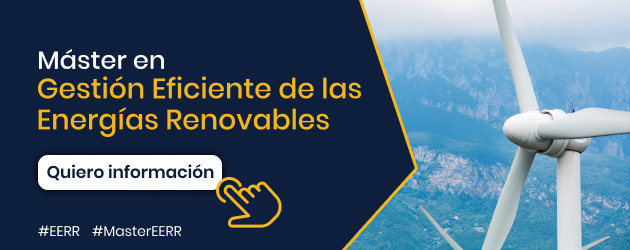According to estimates, the amount of solar energy that can reach the Earth's surface in a year is greater than all the energy that could be produced using non-renewable resources that affect the environment.
Solar energy is a renewable energy source obtained from the sun's electromagnetic radiation. It is renewable energy because it is obtained from natural and inexhaustible energy sources, in this case the sun.
Today, the technology necessary to convert sunlight into electricity and efficient energy has been rapidly and strategically developed, but inefficiencies in the storage and distribution of that energy have continued to be a major problem, making the large-scale implementation of solar energy continues to lag behind.
According to a recent advance made by the team of Sen Zhang, professor of chemistry at the University of Virginia in the United States, it could eliminate a critical obstacle to this long-awaited global implementation process. In this way, the discovery represents a giant step in large measures towards a future dominated by the eclean energy and environmentally conscious.
In order to take advantage of solar energy in this efficient and innovative way, the best method is to use the solar electricity to split water molecules into oxygen and hydrogen. The hydrogen produced in the process can be stored as fuel, in a form that can be transferred from one place to another and used to generate energy on demand wherever it is needed. A catalyst is necessary to split water molecules into their component parts, but the materials currently used in this process are not efficient enough to make the process fully practical.
However, using an innovative chemical strategy like the one developed at the University of Virginia, Zhang and his colleagues have produced a new and effective catalyst using the chemical elements cobalt and titanium. One of the advantages of using these elements is that they are much more abundant in nature than precious metals such as iridium or ruthenium that are part of more commonly used catalytic materials.
You can learn more about this research work in the academic journal Nature Catalysis.
Don't be left behind and bet on the energies of the future, train with us with the online master's degree in Efficient Management of Renewable Energy



































